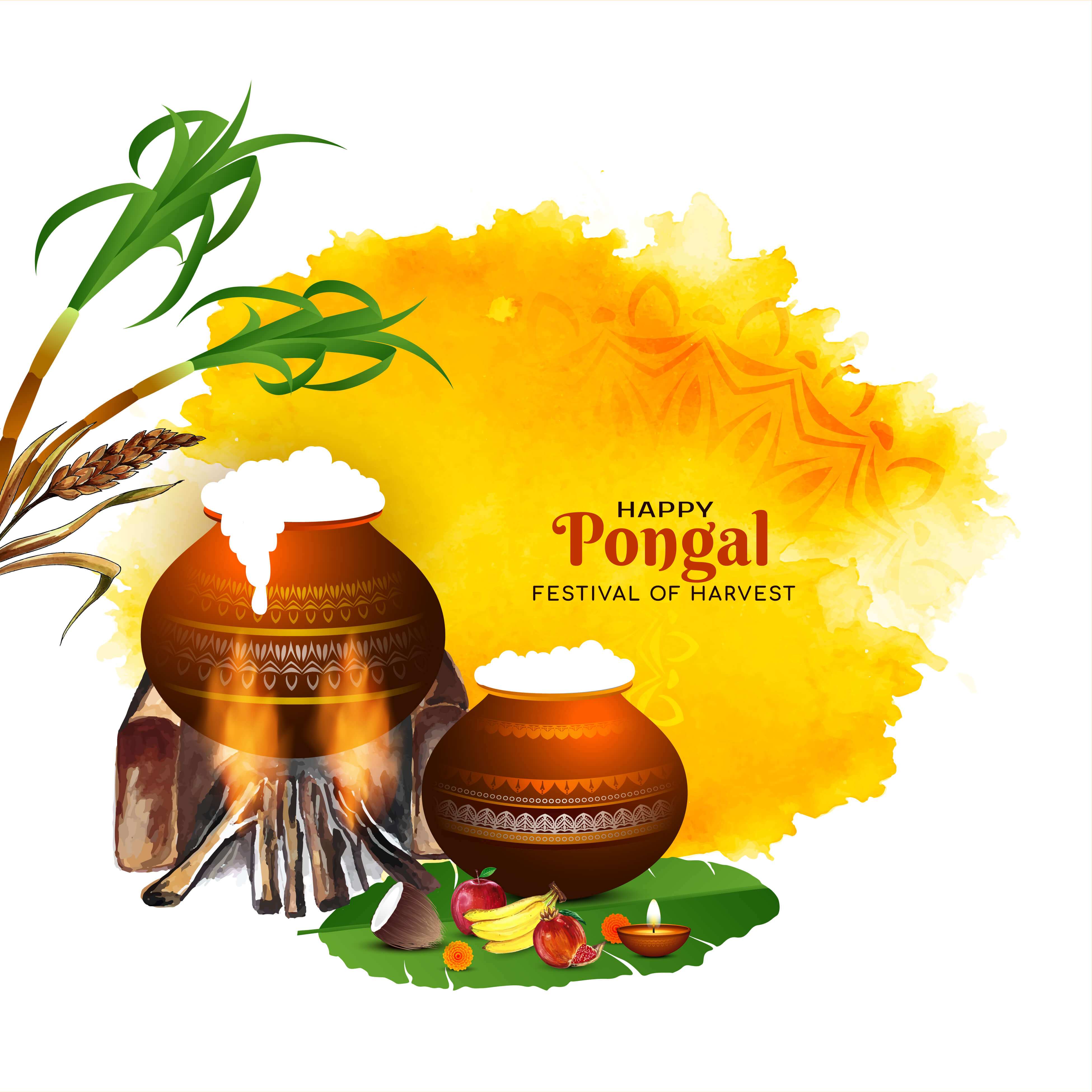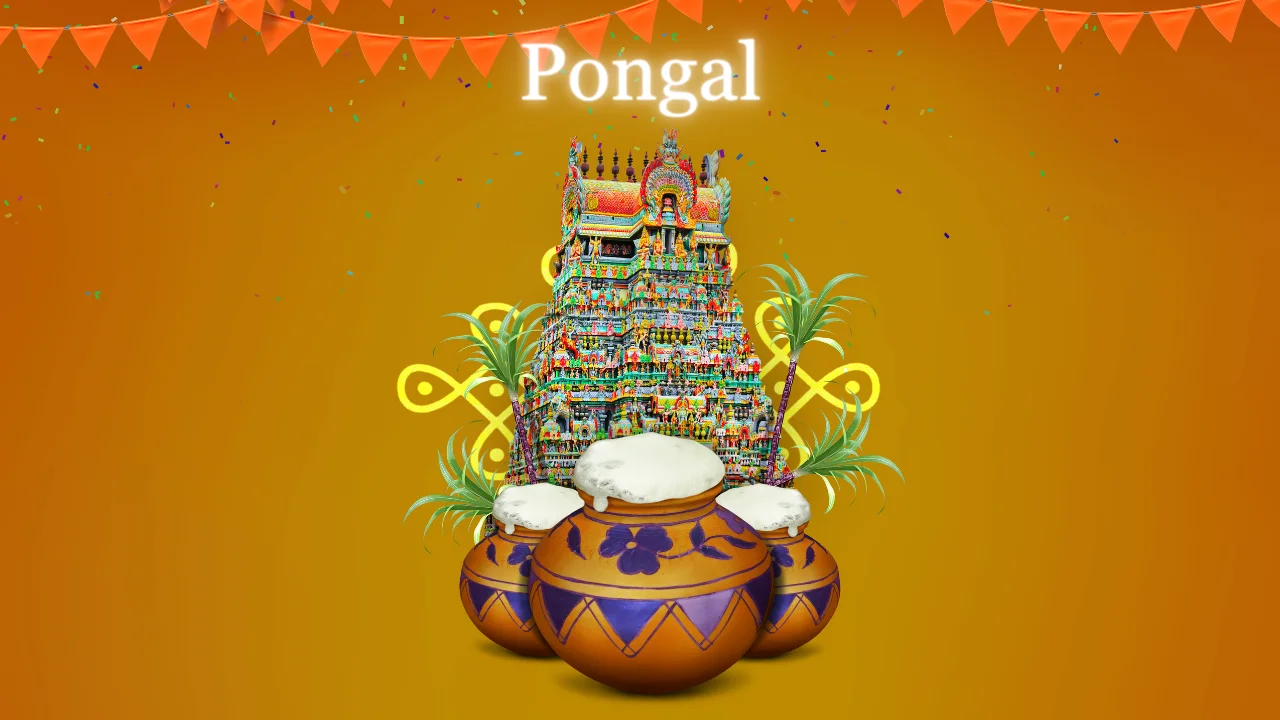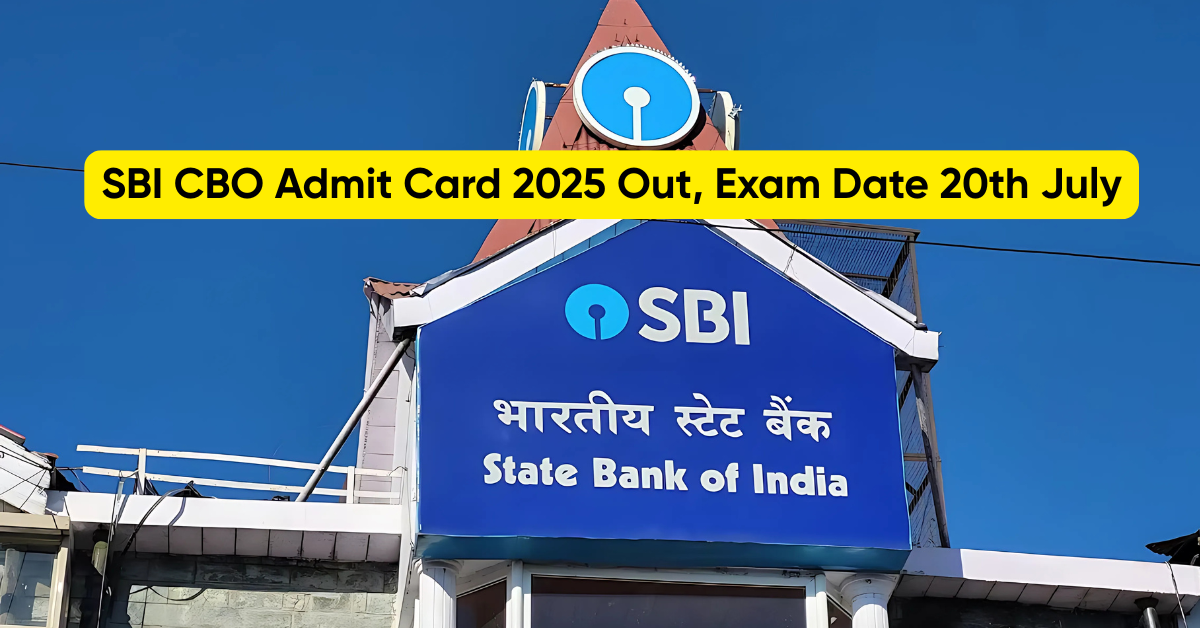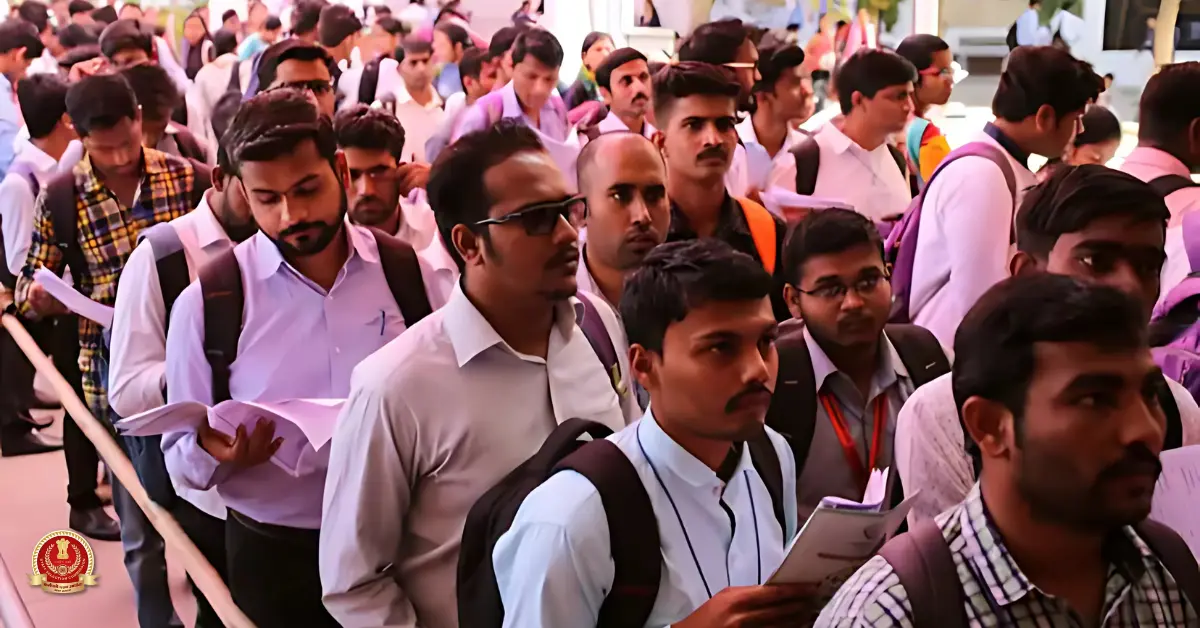Happy Pongal 2024
Pongal 2024 is from January 15 to 18, 2024. It is a four-day harvest festival celebrated by Tamils across India and the world. It marks the end of the winter solstice and the beginning of the sun’s northward journey, heralding the arrival of spring.
Pongal 2024 Date
Pongal 2024, starts from January 15 to 18, marks a joyous celebration uniting communities across India and the globe. This vibrant festival, synonymous with harvest festivities, radiates cultural richness. Families and friends come together, sharing gratitude for a bountiful harvest and expressing thankfulness to nature.
- Dates: January 15-18, 2024
- Location: Pongal is celebrated across India and the world
Pongal transcends geographical boundaries, celebrated with fervor worldwide. Traditional rituals, including the boiling of the first rice of the harvest, symbolize prosperity and abundance. This four-day jubilation brings communities closer, fostering a sense of unity and cultural pride. As we embark on Pongal 2024, let the spirit of togetherness and thanksgiving resonate globally.
Pongal 2024 Celebrations
- The first day – Bhogi Pongal, is a day of cleaning and discarding old things, making way for the new.
- The second day – Surya Pongal, is a day of feasting and offerings to the sun god Surya.
- The third day – Mattu Pongal, is a day for cattle worship and merrymaking.
- The fourth day – Kaanum Pongal, is a day for visiting friends and family.

The Pongal is the most important festival in Tamil Nadu, and it is celebrated with great enthusiasm and fanfare. The streets are decorated with colorful flags and banners, and there are lively processions and cultural performances. The festival is also a time for religious observance, and there are special prayers and ceremonies at temples.
Traditions Associated with Pongal
Pongal is a time for family gatherings, feasting, and celebrating the harvest. The most iconic dish of Pongal is a dish of rice, lentils, and jaggery, which is cooked in a pot over a fire. The rice is said to represent prosperity, the lentils represent strength, and the jaggery represents sweetness.
Different Names of Pongal
Pongal is known by various names, each reflecting its regional significance and diverse cultural expressions. Here’s a glimpse into the different names of Pongal:
- Thai Pongal: In Tamil Nadu, the heartland of Tamil culture, Pongal is most commonly referred to as Thai Pongal. “Thai” denotes the Tamil month in which the festival falls, signifying the beginning of the auspicious Tamil New Year.
- Poki Pongal: In Malaysia and Singapore, where Tamil communities have a strong presence, Pongal is known as Poki Pongal. “Poki” is a Tamil word for “to boil,” alluding to the central ritual of boiling the Pongal dish.
- Hadaga Festival: In Sri Lanka, among the Sri Lankan Tamil community, Pongal is celebrated as the Hadaga Festival or the Harvest Festival. “Hadaga” refers to the new rice crop, emphasizing the festival’s connection to agriculture and sustenance.
- Uzhiya Varthalai: In Kerala, where Tamil communities reside, Pongal is celebrated as Uzhiya Varthalai. “Uzhiya” means “burning” and “Varthalai” means “festival,” signifying the bonfires lit during the festival’s first day.
- Bhogi: In Andhra Pradesh and Telangana, Pongal is often referred to as Bhogi, particularly on the first day of the festivities. “Bhogi” symbolizes the discarding of old belongings and the welcoming of new beginnings.
- Sankranti: In parts of North India, where Tamil communities have settled, Pongal may be celebrated as Sankranti.
These diverse names highlight the adaptability of Pongal, a festival that has transcended geographical boundaries and cultural contexts while retaining its core essence of celebrating the harvest, honoring traditions, and embracing new beginnings.
History of Pongal
Pongal, a vibrant four-day harvest festival celebrated by Tamils across India and the world, boasts a rich and fascinating history, deeply intertwined with agricultural practices, cultural traditions, and astronomical observations.
Ancient Origins:
- Dravidian Roots: Pongal traces its roots to the ancient Dravidian civilization, predating the arrival of Aryan influences in South India. It was a time to celebrate the harvest of the winter rice crop and express gratitude to the sun god Surya for bountiful yields.
- Solar Significance: Pongal coincides with the winter solstice, the day when the sun’s path in the sky begins its northward movement, marking the end of winter and the promise of spring. This celestial phenomenon held immense significance for early agricultural societies, symbolizing renewal and the return of life-giving sunlight.
Evolution over Time:
- Sangam Era (200 BCE – 300 CE): Pongal finds mention in Sangam literature, the earliest surviving literary works of Tamil Nadu. These writings describe Pongal festivities, including the preparation of the Pongal dish, cattle worship, and joyous celebrations.
- Chola Dynasty (850 CE – 1279 CE): The Chola dynasty, known for its agricultural prosperity and cultural patronage, further enriched Pongal traditions. The festival became a grand affair, incorporating elaborate rituals, royal processions, and cultural performances.
- Modern Adaptations: Over centuries, Pongal has adapted to changing times while retaining its core essence. Today, the festival embraces modern conveniences, such as cooking the Pongal dish in pressure cookers, while preserving its traditional roots and symbolism.
Regional Variations:
- Tamil Nadu: In Tamil Nadu, Pongal is the most significant festival of the year, celebrated with great enthusiasm and fervor. The four-day festivities are filled with traditional rituals, colorful kolams, vibrant dance performances, and the ubiquitous Pongal dish.
- Other Regions: Pongal is also celebrated in other parts of India, including Andhra Pradesh, Telangana, Karnataka, and Kerala. Each region has its unique variations, such as Bhogi Pui in Andhra Pradesh and Bhogi Habba in Telangana.
Global Celebration:
- Diaspora Connections: The Tamil diaspora has carried Pongal traditions across the globe, ensuring that the festival continues to thrive in far-off lands. Pongal celebrations in cities like London, New York, and Singapore showcase the enduring power of cultural heritage and community spirit.
- Global Recognition: Pongal has gained international recognition, with UNESCO‘s Intangible Cultural Heritage List recognizing it as a “celebration of human and nature’s harmonious relationship.”
Conclusion:
Pongal’s history is a testament to the enduring power of tradition, the resilience of agricultural communities, and the profound connection between humans and nature. It’s a celebration that has weathered the test of time, adapting and evolving while retaining its core essence of gratitude, renewal, and the joy of harvest.
Significance of Pongal
Pongal, a vibrant four-day harvest festival celebrated by Tamils across India and the world, holds immense significance that transcends the realm of mere festivities. It’s a celebration deeply rooted in tradition, gratitude, and the harmonious relationship between humans and nature.
- It coincides with the harvest of the Rabi crop, a time for farmers to rejoice in the fruits of their labor.
- The sun’s northward journey during this period is seen as a symbol of life, renewal, and the promise of abundant harvests.
- It marks the end of the winter solstice and the beginning of the Tamil month of Thai.
- It is a time for families and communities to come together, share meals, engage in cultural activities, and reinforce their social bonds.
- It is a vibrant tapestry of traditions, each with its own unique symbolism and significance.
- It has transcended geographical boundaries, with vibrant celebrations taking place in Tamil communities across the world.
Pongal is more than just a harvest festival. It’s a celebration of life, renewal, and the interconnectedness of humanity and nature. It’s a time to honor the sun, express gratitude, strengthen community bonds, and embrace the promise of new beginnings.
15th January 2024 Special Day
The date of January 15th, 2024 marks the beginning of Pongal, a special 4-day harvest festival celebrated across India and globally. Falling on this special day in January 2024, Pongal commemorates the end of the winter solstice and the sun beginning its northward journey. This astronomical event heralds the coming of spring season. The first day of this winter harvest celebration, celebrated by Tamils, carries tremendous cultural and agricultural significance. The uniqueness of the event coinciding with January 15th adds to the splendor. Through festivals like Pongal, the special date provides an opportunity to preserve ancient traditions while gathering family.
- SSC CGL Full Form, All You Need to Know About SSC CGL
- SBI CBO Admit Card 2025 Out, Exam Date 20th July
- SSC CHSL 2025 Vacancies Released for 3131 Posts, Complete Details
- SSC JE Vacancies 2025, Check Post Wise Vacancy List
- Important Percentage Questions for SSC Exam Preparation, Solved
- SSC CGL Application Correction Form Starts from 9th to 11th July

Hello, I’m Aditi, the creative mind behind the words at Oliveboard. As a content writer specializing in state-level exams, my mission is to unravel the complexities of exam information, ensuring aspiring candidates find clarity and confidence. Having walked the path of an aspirant myself, I bring a unique perspective to my work, crafting accessible content on Exam Notifications, Admit Cards, and Results.
At Oliveboard, I play a crucial role in empowering candidates throughout their exam journey. My dedication lies in making the seemingly daunting process not only understandable but also rewarding. Join me as I break down barriers in exam preparation, providing timely insights and valuable resources. Let’s navigate the path to success together, one well-informed step at a time.






